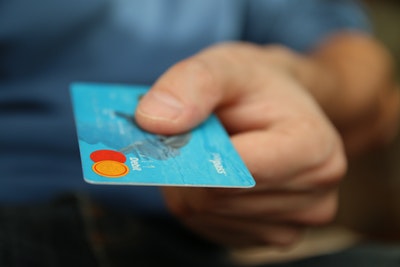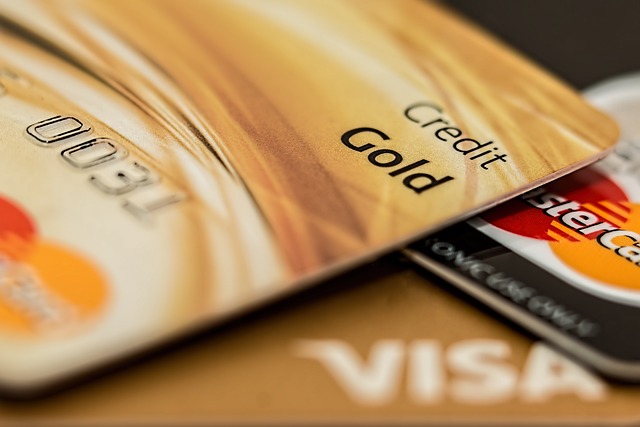How to Protect Your Credit Score During the Coronavirus Crisis

It is not an understatement to say that the covid-19 pandemic has upended how the entire world operates.
Since the shutdowns started in March 2020, many people found themselves facing a financial upheaval for which even the most diligent budgeters could not have planned. As people’s savings dwindled and relief seemed sparse, many people fell behind on payments and saw their credit scores plummet.
If you are one of the individuals who has had their finances negatively impacted by the pandemic, you may be wondering how to protect your credit score and ensure your access to credit in the future.
Rather than drown in debt, many people have protected themselves with funds acquired from online installment loans. Others have worked out payment strategies directly with banks and lenders. No matter your circumstances, you can use the tools listed below to help protect yourself from credit trouble during the pandemic.
Assess Your Situation
Before you make any financial moves, you should assess your financial situation to see which areas need the most attention.
You should request a copy of your credit report as soon as possible, which will help you get a complete picture of your financial standing. Make sure all of the information on it is accurate and dispute anything that does not seem correct.
Prioritize Your Payments
Once you have your credit report in hand, you can start to prioritize your financial obligations. Make a list of things that should be paid even if your income is interrupted, such as rent or mortgage, utilities, insurance, car loans, or any other financial obligations.
Accidentally missing a mortgage or credit card payment can have a severe negative impact on your credit score. To avoid this, consider setting up automatic payments for the prioritized items so you can have peace of mind about these bills.
However, you must be sure you have the money to cover the cost in your account. If you do not, you may be charged fees on top of the missed payment, which can negatively impact your credit score.
Contact Creditors
If you find yourself facing down a loan payment and are short on funds to cover it, contact your creditors right away. You should also contact them immediately if you have lost your job or had another unexpected interruption to your income.
Most creditors have programs that can help ease your economic burden for a short period so you can recover.
Some ways creditors will work with you include negotiating a payment plan, offering a payment grace period, or temporarily placing the loan in forbearance. If you opt for a payment grace period, you should be aware that you will likely owe the accumulated amount of money at the end of that period.
For example, if you miss payments for two months, you will owe the sum of three payments in the third month.
Placing a loan in forbearance eases the financial pressure temporarily. During the forbearance period, you will get relief from making full payments on your loans. Many creditors and credit card issuers have also begun waving penalties and fees for those experiencing economic hardship.
The B
ottom Line
The pandemic is not over yet, and many people are still facing significant financial hardships.
These tips are not the only things you can do to ensure you stay in good financial standing, but they are an excellent start. Protecting your credit score now means protecting your finances in the future, so don’t hesitate to get help when you need it.





